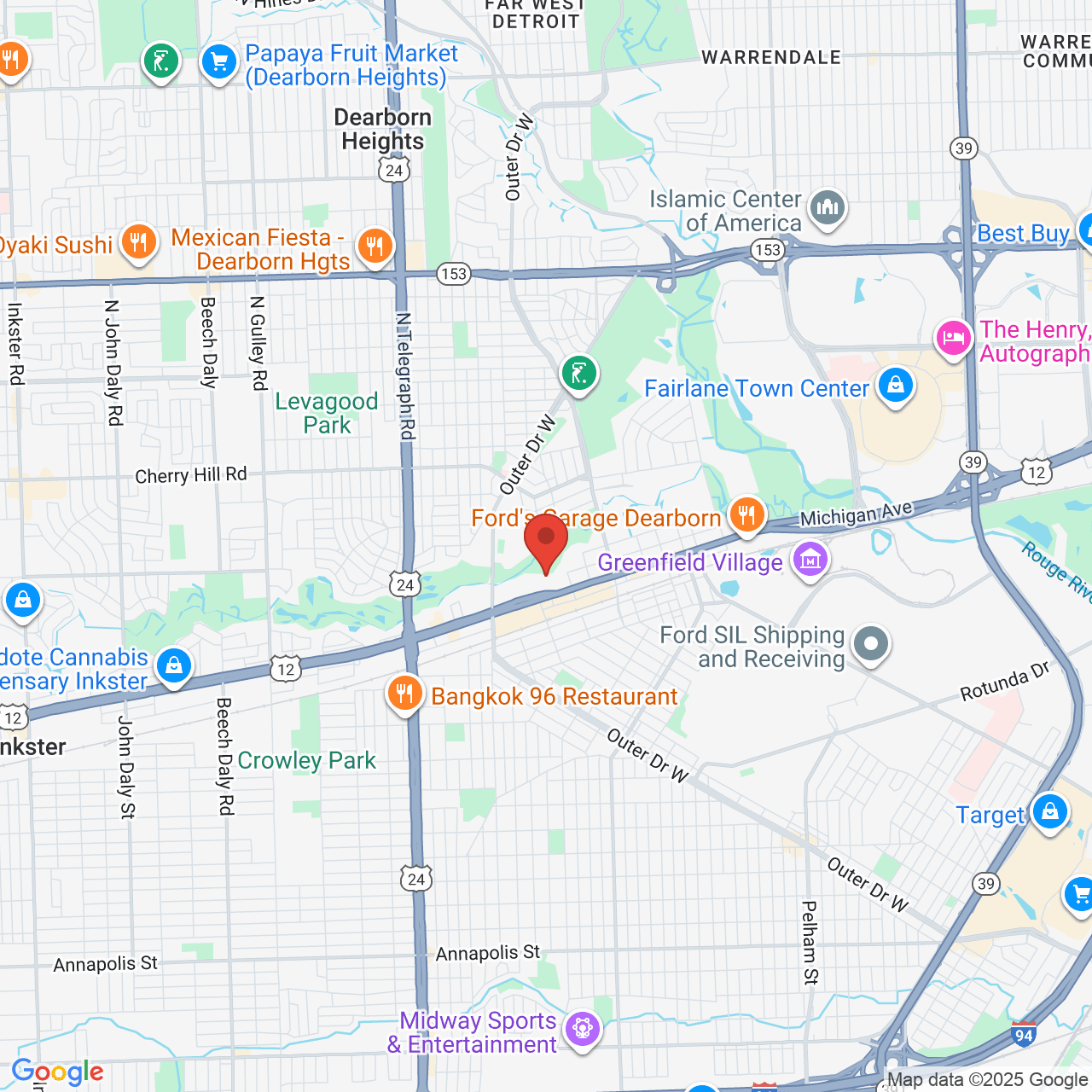Build a Strong Foundation for Implants with a Bone Graft
If you have been told you do not qualify for dental implants due to bone loss in your jaw, a dental bone graft can restore your candidacy. This procedure uses grafting material to rebuild lost tissue and create a stable base for implants. Our doctors at Dearborn Family Dentistry in Dearborn, MI, provide highly aesthetic restorations for implants. Drs. Mark Luria and Rena Allswang can assess your candidacy for implants and determine whether a bone graft could help you. In addition, Dr. Mark Luria can place dental implants for convenient, streamlined care.
What Do Dental Bone Grafts Do?
The goal of a dental bone graft is to fortify certain sections of the jaw. Once in place, the grafting material fuses with surrounding tissue and encourages the body to begin producing new tissue.
Our doctors typically recommend bone grafts to:
- Prevent tooth loss: Gum disease and other conditions can cause teeth to become loose. Placing a bone graft in the area can stabilize teeth and regenerate the bone needed to keep them in place.
- Maintain jaw shape: Bone grafts are regularly used after a tooth extraction to preserve the position of your teeth and leave a stable area of bone for later implant placement.
- Restore implant candidacy: In many cases, tooth loss can cause bone to deteriorate in that area of the jaw, especially if there is a long delay before teeth are replaced. A bone graft can rebuild that area and create a stable base for implants.
The best way to find out if you can benefit from a dental bone graft is to schedule an appointment with our team. Our doctors can assess your jawbone and take scans to determine whether a graft is right for you.
How Is a Graft Placed?
Local anesthesia is first applied to completely numb the area. Once you are comfortable, your surgeon will create a small incision in your gums to access the bone. Then, they will fill the area with grafting material. In some cases, they will also need to secure the grafted tissue in place before closing incisions.
After a Bone Graft
Patients often experience some discomfort after a bone graft. You can manage any soreness by using over-the-counter medications and ice packs to reduce inflammation. Typically, discomfort only lasts a day or two.
Our doctors will monitor your recovery and determine when the graft is stable enough for you to receive dental implants.
Over the next several months, your body will replace the grafted tissue with its own bone. This process can take three to nine months, depending on the type of graft you receive and the natural healing speed of your body. Our doctors will monitor your recovery and determine when the graft is stable enough for you to receive dental implants.
Restore Your Candidacy for Implants
Dental implants are the gold standard in tooth replacement methods. However, they need to be placed in strong, sturdy bone tissue to be successful. For more information on improving your implant candidacy with a bone graft, contact our office online or call (313) 565-5507 today.


